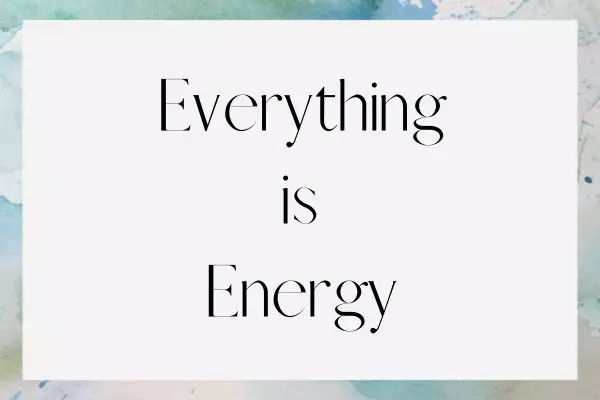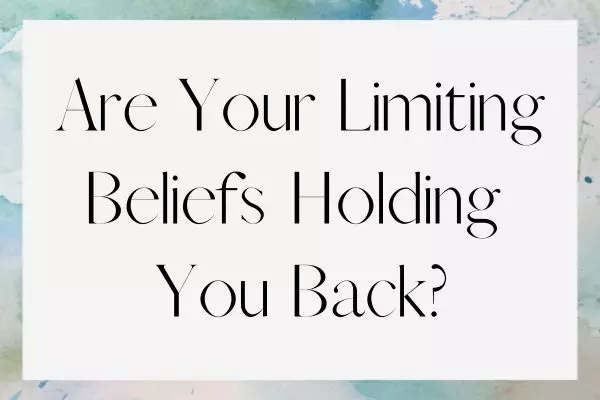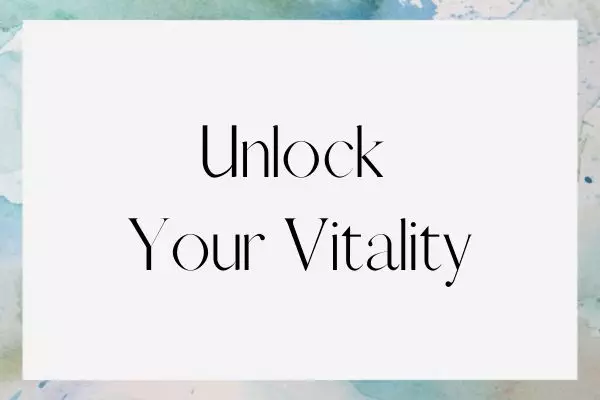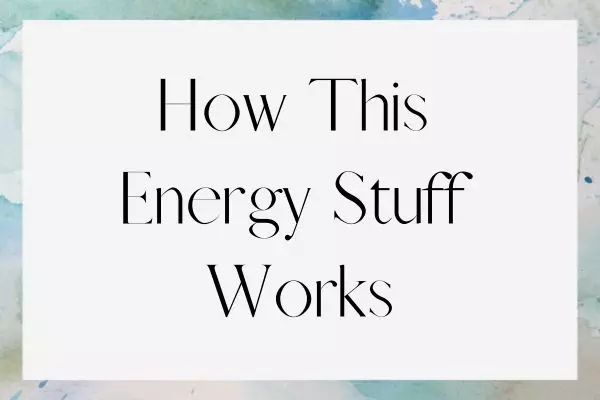
Oh sure, coffee offers an amazing aroma, beautiful flavor (if you’re lucky), the comforting feel of that warm mug in your hands on a cold day… Or the frosty goodness of a heavily creamed, sugared, and iced glass on a hot summer afternoon… The promise of open eyes, fewer clouds in your brain, and maybe even some ambition today.
But don’t be fooled. This is just to pull you in.
Because what coffee has in mind is the LONG CON.
It’ll let you win a few times. Maybe even more than a few.
And if you’re generally pretty healthy (and you don’t allow yourself to get pulled in too often), it may not mess with you at all. Heck, you may even be able to take advantage of some of those anti-aging coffee antioxidants you’ve read about.
But what happens if your health isn’t exceptional? What happens if that cuppa Joe has become habitual?
If coffee calls your name several times a day, and you, ever obedient, pour yourself that next cup, you should know what you could be looking at.
You may believe that coffee gives you energy. But that’s not true.
Ever heard the one about robbing Peter to pay Paul?
This is what happens when you drink coffee, or any other caffeine source, for that matter.
That wonderful rush you get from your first cup of the day? It’s not the coffee. It’s adrenaline. Adrenaline made in YOUR body using YOUR resources.
Caffeine sends a chemical signal that mimics the one you’d get if you’re being chased by a bear. If this was actually the case, you’d NEED that adrenaline to sharpen your senses, shut off your digestion and channel energy to your muscles.
Your survival would depend on it.
But that’s not really the way life works for most people these days. Instead, we use adrenaline to help us focus, wake us up (or keep us awake), or just to get that great buzz.
There are differing opinions as to whether we “wear out” our adrenal glands by overusing them. Personally, I believe we can. There are a lot of factors involved though – not just drinking coffee.
But even if you’re not concerned about the possibility of crispy-fried adrenals, that is not the end to this story.
On the heels of adrenaline, comes cortisol. Think of it as the “second string” on a sports team. Cortisol comes in a little later to support the adrenaline. And can be life-saving in the right circumstances.
But since not many of us are being chased by bears, that cortisol can end up wreaking havoc instead of being the hero.
How does it do this?
It causes inflammation.
You may have heard that inflammation is implicated in every single chronic health issue we are aware of. This is absolutely true.
And here are some actual effects you might never connect with drinking coffee.
Scenario #1
Capillaries, your tiniest blood vessels, supply each and every cell in your body with nutrients, including oxygen. Capillaries are so narrow that hemoglobin – red blood cells – must go through them in single file. Hemoglobin cells are disk-shaped and fairly flexible. When squeezing through the capillaries, they become more like a flat oval instead of a frisbee.
Ingesting caffeine, especially when done on a regular basis, causes hemoglobin cells to “stack” rather like dinner plates in a cupboard. Making it pretty much impossible to get through that tiny tubing.
And meaning sometimes your cells will become malnourished because the food truck couldn’t get to them.
Scenario #2
The lining of your intestines is designed to be semi-permeable. That is, it is supposed to let some things out of your gut and into your bloodstream. For instance, those valuable nutrients from properly digested and broken down food, mentioned above.
At the same time, this lining is also supposed to keep pathogens – the bad guys – from getting into your bloodstream and into circulation, where they’ll cause trouble.
The inflammation caused by excess cortisol interferes with the normal operation of the little “automatic doors” in the gut lining. “Chunks” of nutrients, still microscopic of course, but too large to be coped with easily, make their way into your blood.
Your immune system is checking IDs, and those too-large molecules are NOT on the invitation list. Even though they are food, they’re not recognizable as such by your immune system.
So security is called, and antibodies are produced, so that the presence of these offending molecules (which is really food, remember) won’t be tolerated in the future. Instead, they’ll be attacked.
And can you guess what that causes?
More inflammation.
In fact, if this ugly scene is repeated often enough, you’ll develop food sensitivities, because you now have what is known as leaky gut, or Intestinal Hyper-permeability.
And once the food sensitivity cascade gets established, it can lead to other allergies, even hayfever.
Are you scared yet?
Truly, it’s not my intention to frighten you, just to let you know what can happen when things get out of control.
So what can you do about it?
You might consider quitting coffee. Or at least, cutting down.
Drink decaf sometimes. Have one cup instead of two. Switch to green tea. Or even better, try a Tulsi/green tea combo. (Tulsi, also known as Holy Basil, helps your body break down excess cortisol.)
Quitting coffee won’t fix leaky gut syndrome. But it IS a piece of the puzzle.
Fibromyalgia is a collection of lots of things gone awry.
Caffeine puts your body into the same physiological situation as stress does. The inflammation this causes sets several undesirable cascades into motion.
Whatever you decide to do, please don’t be taken in by the ruse.
Remember that attractive as it may be, coffee is still a con artist.







Boo hoo. I love my two 8 oz cups of organic coffee before 2 p.m every day. There is one thing that is very good about coffee. If you’re on an airplane and start having an asthma attack and there is no medication available, drinking coffee will open up the bronchial tubes and maybe save your life.
There are always exceptions to every rule. I think maybe saving your life trumps gut health 😉